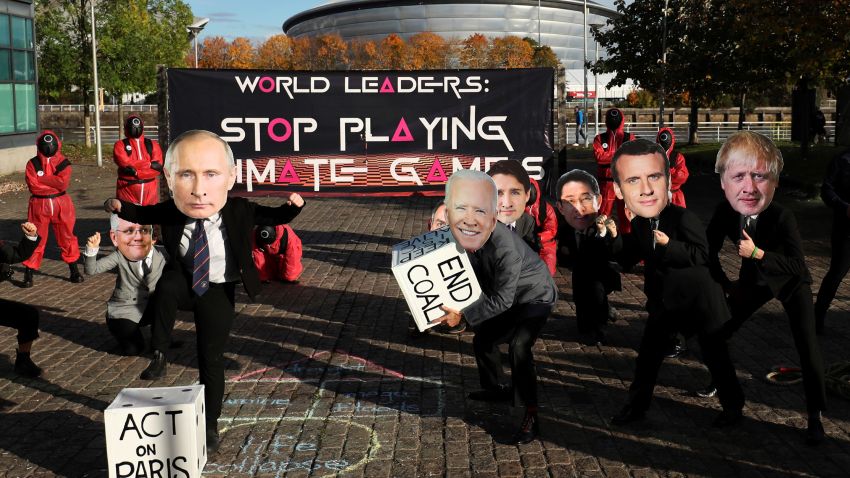Scorching heat throughout Europe and North America in the past few weeks has once again raised concerns over an impending climate crisis. Record-high temperatures are now a regular occurrence. For example, the 10 hottest years on record in the United Kingdom have occurred since 2002. The implications for the future are foreboding, from increased droughts and wildfires to global food insecurity.
As made clear by the Sixth Assessment Report of the Intergovernmental Panel on Climate Change, released in March, scientists widely agree that the extreme temperatures are caused by human activity, namely the production of greenhouse gases, primarily carbon dioxide, by various industrial processes. These gases, in turn, trap heat on the earth’s surface. The record of global average temperatures over the past 2,000 years, gathered in part based on ice cores that can trap and store indicators of global temperatures, shows that, after ebbing and flowing within a general range for most of that time, temperatures markedly increased starting around 1800 with the onset of the industrial revolution. Climate science, gathered in the succession of IPCC reports over the past decade, has progressively determined that, in this case, correlation does equal causation.
Governments around the world have tried to coordinate their efforts to rein in emissions of these gases, starting with the 1998 Kyoto Protocol, and then through a series of United Nations Climate Change Conferences that stumbled along before achieving the breakthrough 2015 Paris Agreement on climate change. The Paris Agreement’s signatories agreed to set targets to reduce their carbon emissions to collectively keep average global temperatures from rising more than 2 degrees Celsius compared to preindustrial levels. But critics rightfully argue that the targets are too modest and, in any case, that states have failed to meet them. The U.S. even withdrew from the accord under former President Donald Trump, although President Joe Biden promptly reentered it upon taking office. Since then, the most recent U.N. Climate Change Conference in Glasgow in 2021 was widely viewed as a disappointment.

